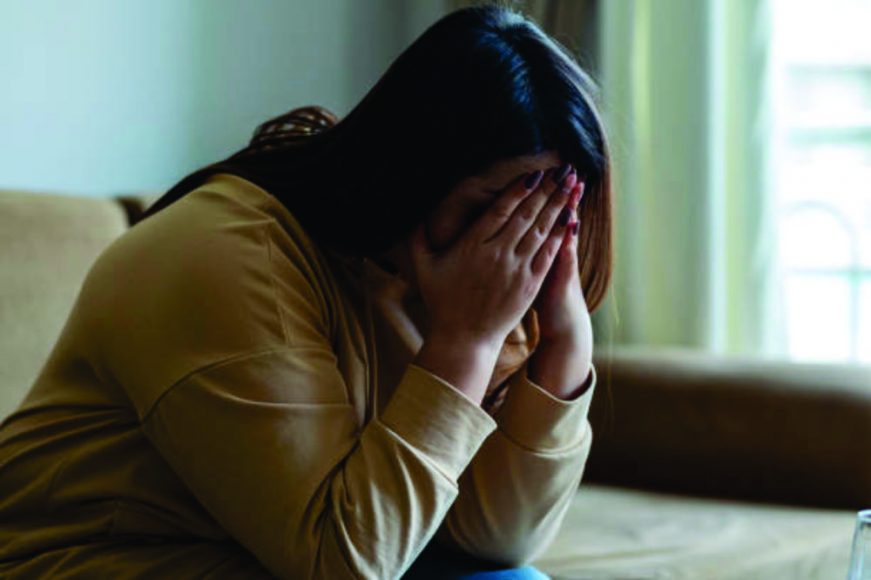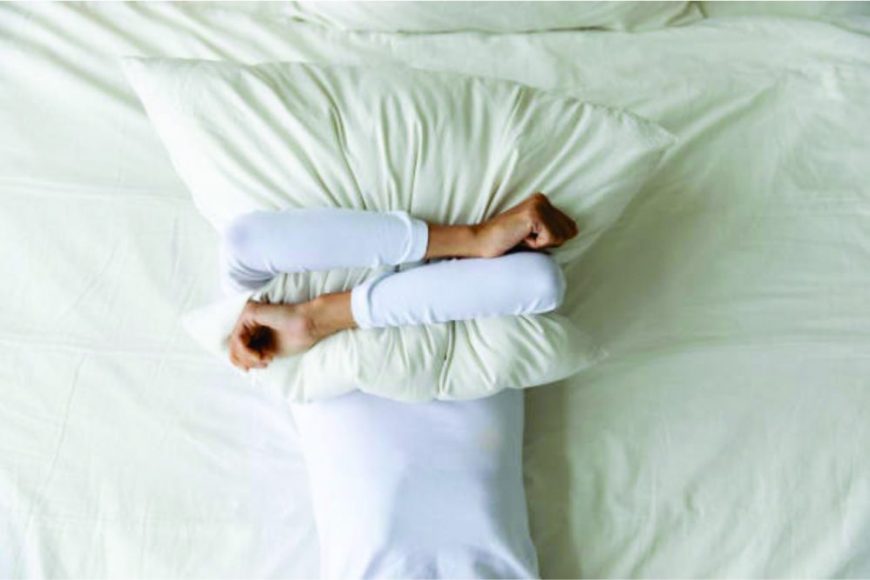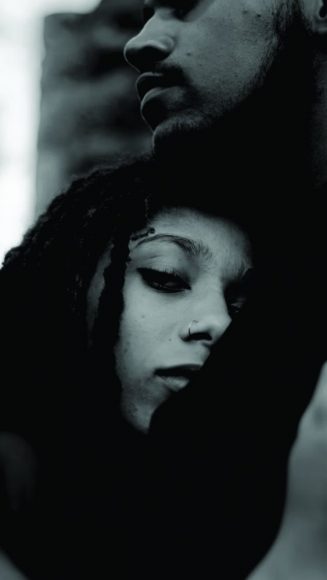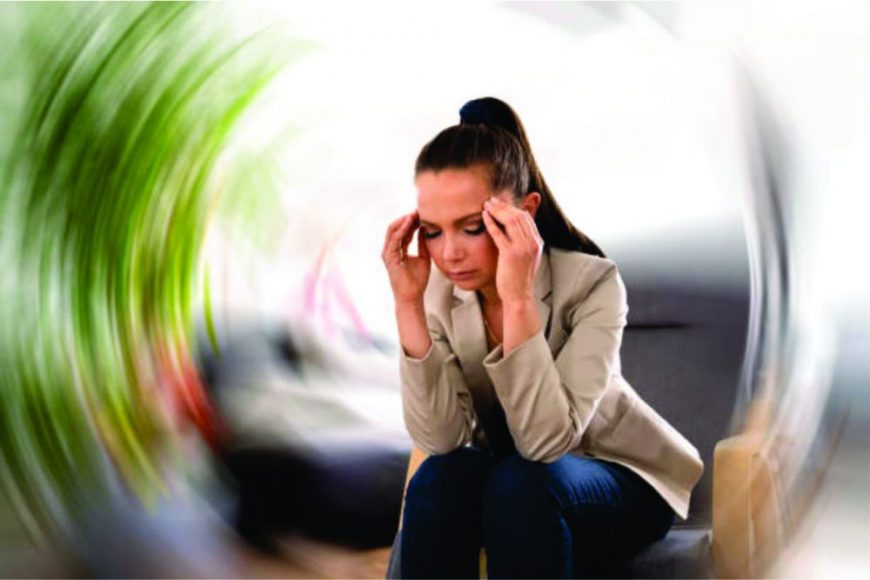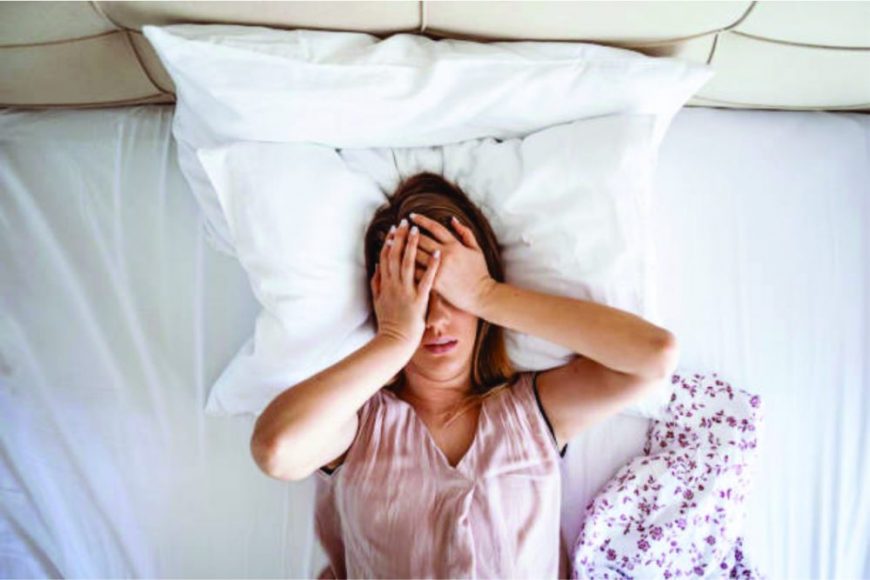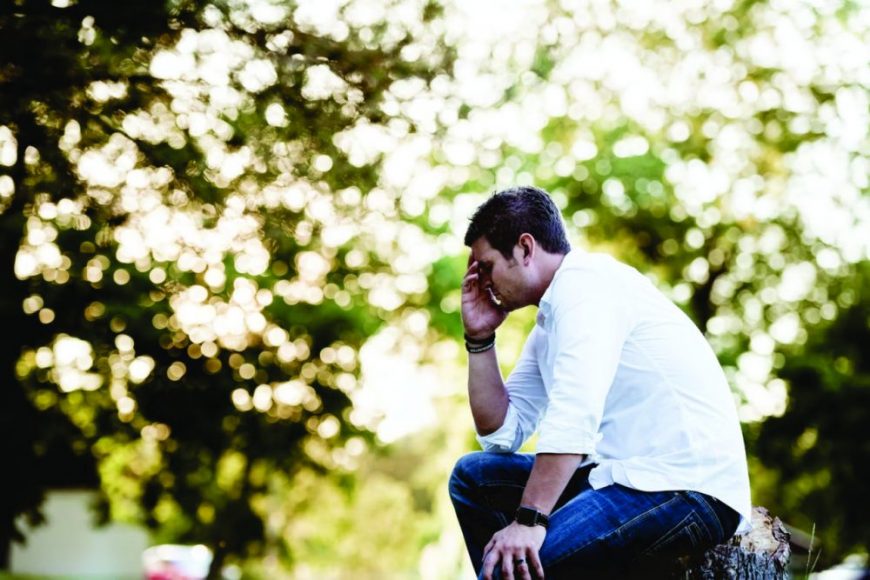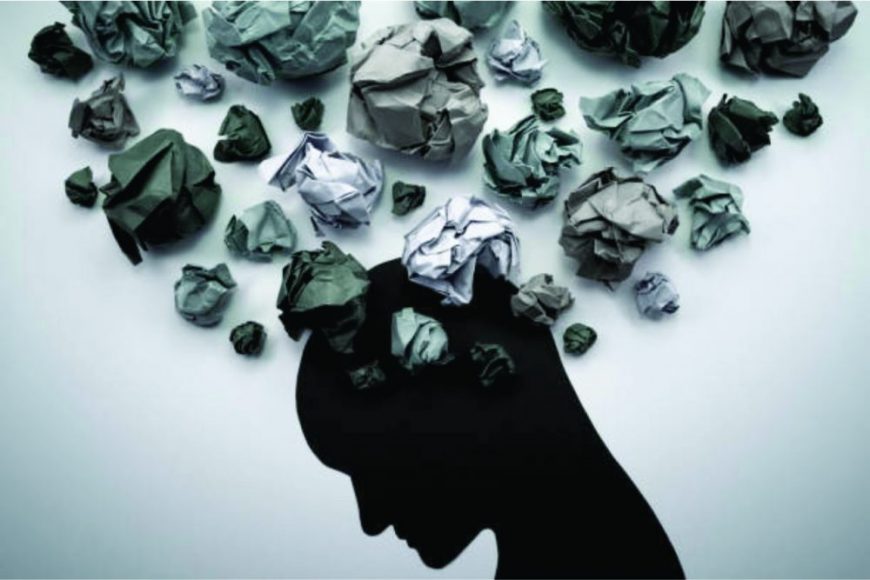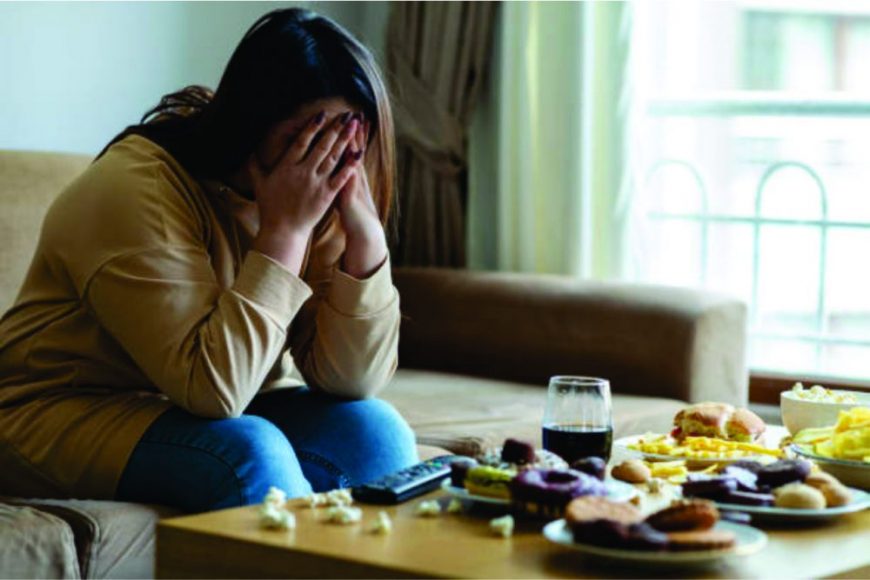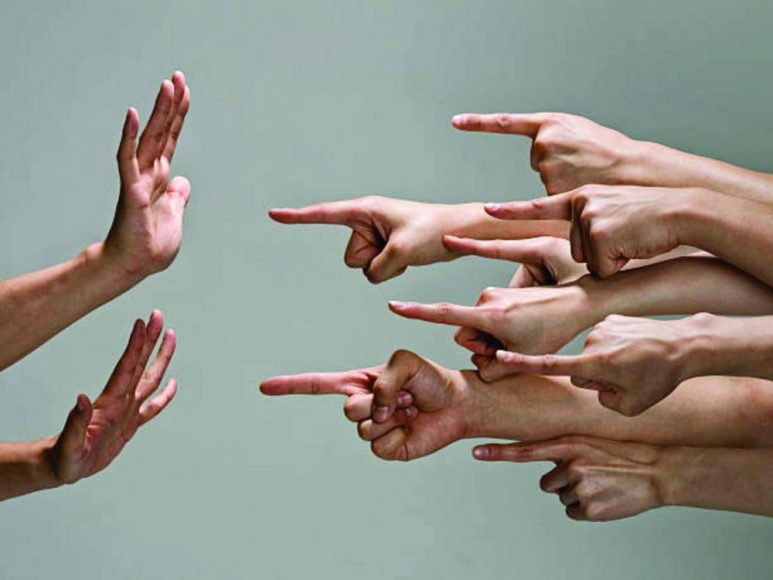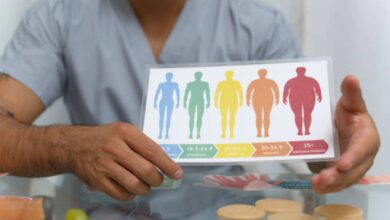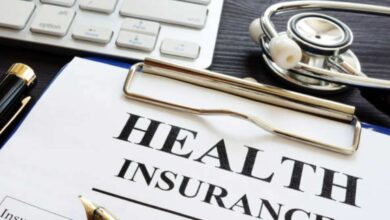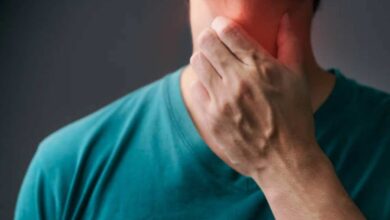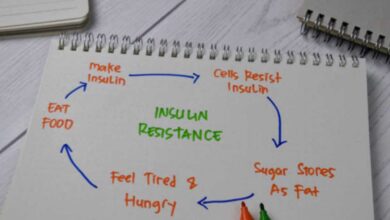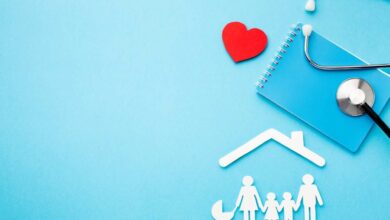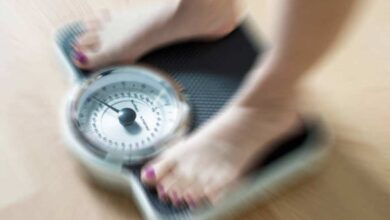Recognizing Depression: 11 Key Symptoms to Watch For
Learn About Depression’s Various Symptoms and How to Support Your Loved Ones Through Mental Illness
Delacy, joylessness, and listlessness are typical signs of depression. But these are by no means the only symptoms. Sometimes the focus is on completely different symptoms. Which additional symptoms indicate depression and what relatives should consider?
What is depression?
The guideline of the Society for Psychiatry and Psychotherapy assigns three main symptoms of depression:
- A pressed mood,
- The loss of joy and interest as well
- Trustlessness/rapid fatigue.
However, depression is more than a list of three symptoms. It affects the whole person. It changes thinking, feeling, and behavior. And: it shows each other differently.
For example, some feel a deep, reasonless sadness. Other affected people, on the other hand, report a “feeling of numbness”. They are no longer able to perceive intensive emotions such as joy, and anger, but also sadness.
Depression is more than an upset, it is a serious mental illness. If this is not recognized in time, this can have serious consequences: more than half of the suicides are due to depression. Early and targeted treatment is therefore important to save lives.
11 symptoms that can be signs of depression
In addition to the main symptoms of depression, there are numerous additional symptoms. In some people, these symptoms are so much in the foreground that the disease remains hidden for a long time – because those affected, relatives, and doctors suspect another cause.
This is particularly the case when physical complaints, known as somatic syndrome, primarily accompany depression.
1. Sleep disorders are a symptom of depression
People with depression have to fall asleep or become awake in the early morning and find no sleep until they get up. Sleep disorders are symptoms of depression.
Affected people sleep significantly less than normal. Accordingly, they feel tired and burned out during the day.
It is less common for depressive people to sleep much longer than usual (or sleep more and more during the day), but not feel relaxed afterward.
Read Also: If You Can’t Sleep, Read This: Ways To Fall Asleep Fast
2. Symptoms of depression: lack of appetite and weight loss
Whether pasta, pizza, or salad: even with depression, even the favorite dish often does not taste good. Some affected people forget to eat because they simply no longer feel an appetite. They often lose weight significantly within a few weeks.
The opposite can also be the case: some people eat a lot during the depression and increase in weight.
3. Libido loss: a sign of depression
Many depressed people do not feel like sex, nor do they have the drive for sexual activities. Doctors speak of a lack of or missing libido. Sexual reluctance is a frequent symptom of a depressed mood, which can heavily burden the partnership.
4. Physical complaints without organic cause
A mental cause can be behind the recurring headache, abdominal pain, or dizziness. Depression can be felt by numerous physical signs. Then no organic cause of the symptoms can be determined.
The symptoms are sometimes so pronounced that those affected hardly notice the psychological complaints such as joylessness and loss of interest. Experts also speak of masked or larval depression.
Possible physical symptoms of depression are
- Gastrointestinal problems, e.g. B. constipation, nausea, abdominal pain
- Headache
- Problems with the circulation
- A “dumpling” in the throat
- The feeling of not getting any air
- Heart racing, heart stumbling
- Dizziness
- Back pain
Physical complaints and diseases that existed before depression can intensify during a depressive episode. For example, chronic back pain can increase in intensity.
Incidentally, it happens relatively often in children that depression is particularly physically expressed – for example in the form of abdominal pain.
5. Morning and evening high
Many depressed people have a so-called morning low. They are particularly bad in the morning. They would like to stay in bed and have to force themselves to get up.
With severe depression, they hardly or not at all get out of bed. In the evening hours, on the other hand, the mood is often clear – sometimes so much that those affected feel good again. The next deep, however, follows the next morning.
6. Concentration problems are a sign of depression
You can’t remember anything anymore and hardly concentrate on anything? Concentration disorders belong to typical signs of depression. During a pronounced depressive episode, those affected, for example, find it difficult to follow a conversation or read a book.
Also typical: Many depressed people seem almost impossible to make simple decisions themselves – and when it comes to the question of what should be lunch. Concentration problems often worry about the sick. They fear, for example, being ill.
7. Negative thoughts as a symptom of depression
Depressive people see black: For them, the glass is half empty. They see no way out of their situation and are firmly convinced that they will never be better. Accordingly, they feel at the mercy of the disease and every new day is a pain for them. They can brood for hours and get involved in negative thoughts.
8. Fear or irritability is a symptom of depression
About 7 to 8 out of 10 patients report feelings of fear during a depressive episode. The fears are often diffuse. This means that those affected cannot say what they are scared of. Rather, they experience an unspecific feeling of threat. They feel overwhelmed and are concerned about how things will continue for them in the future.
Depression can also be in the form of irritability and aggression. Even little things are thrown out of the track completely and they react quickly.
9. Reduced self-esteem and self-confidence possible in depression
People who were previously very confident feel inadequate and inferior during a depression. In their eyes, they just don’t want to succeed anymore – and once something worked, it was lucky. Whether at work or in housekeeping: If you have depression, you hardly dare.
10. Feelings of guilt and the feeling of being worthless
No matter what happens: Depressive people usually look guilty for themselves and less with others. For example, because they were unforeseen in traffic, they see the mistake with them – because they could have started earlier.
Such feelings of guilt intensify the assumption of being inadequate and worthless and “not earning” the friendship of others.
11. Psychomotor inhibition and/or severe unrest
So-called psychomotor inhibition can occur, especially in the case of heavier depression. Your movements are slowed down, your facial expressions look rigid and you speak more slowly than usual.
Even if they look very quiet on the outside, those affected often feel an excruciating inner restlessness. Others, on the other hand, have a pronounced urge to move (so-called agitation).
Depression is a serious disease with possible thoughts of suicide
Last but not least, suicidal thoughts also indicate pronounced depression. Such thoughts should always be taken by relatives seriously. Depression should not hesitate and help should be taken at an early stage.
It is advisable to choose the emergency call if in doubt. The next psychiatric clinic or the social psychiatric appointment service is also an important contact point.
Caution: Individual symptoms such as sleep disorders, irritability, or sexual reluctance can have many causes and are not proof of depression. In the event of long-term and/or strong complaints, a piece of medical or psychotherapeutic advice should always be obtained and treatment initiated.
